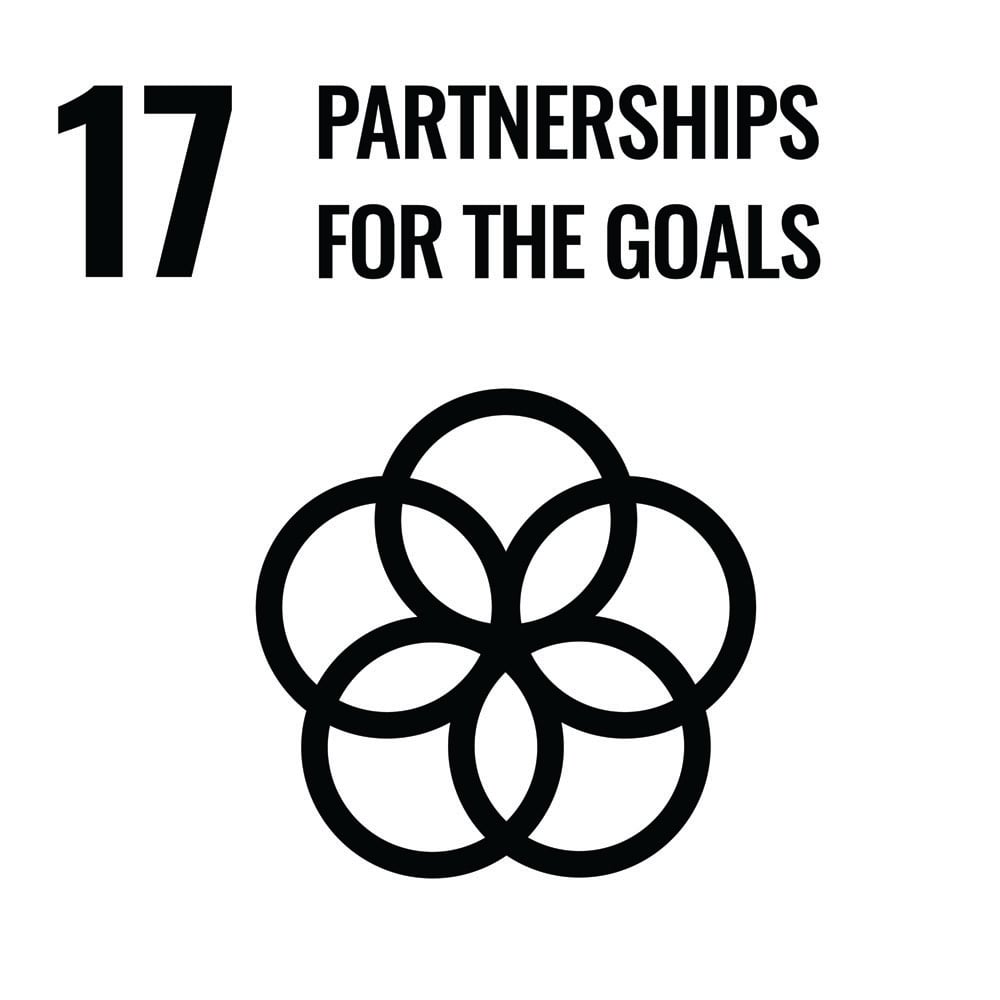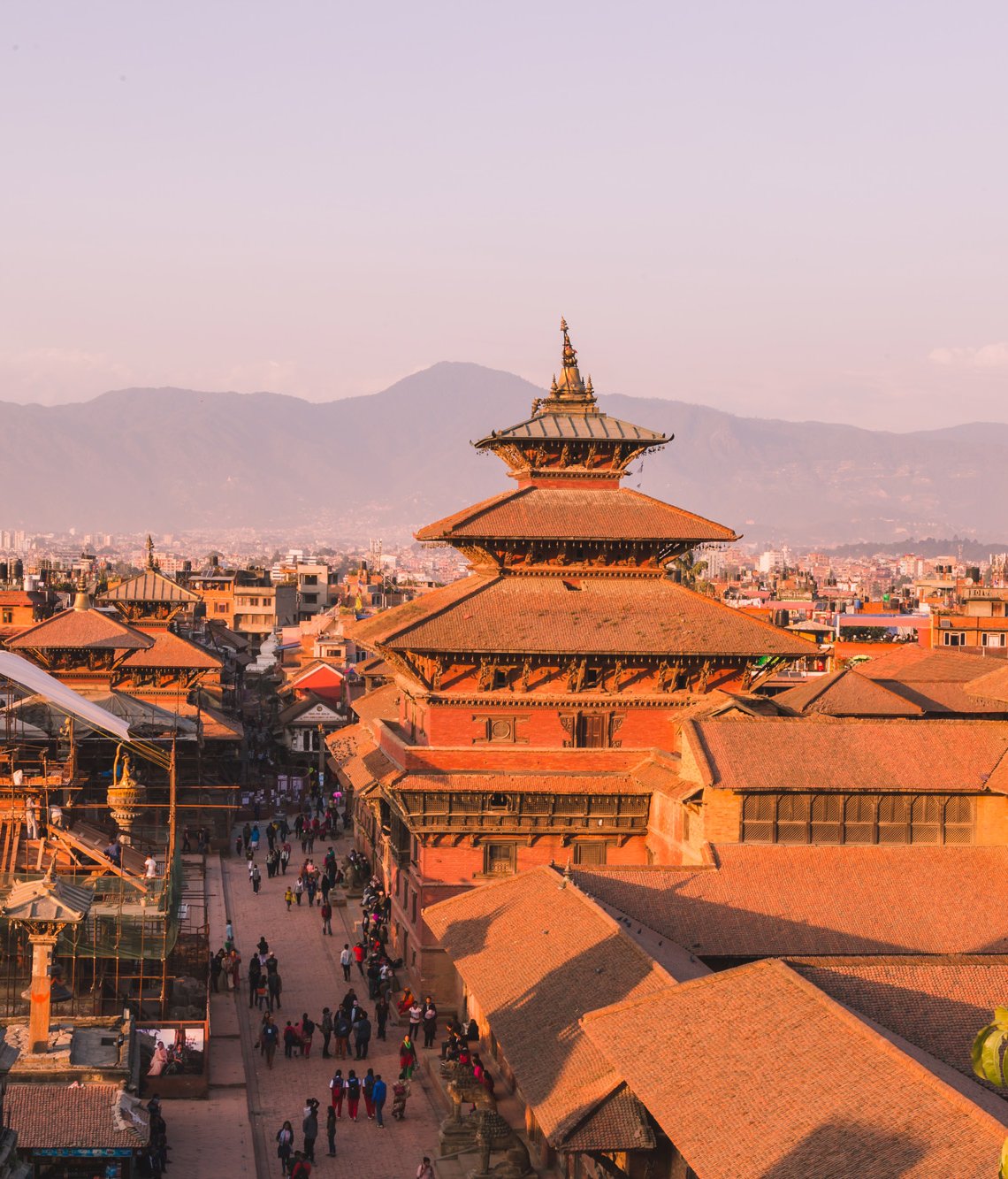The UNESCO Chair on Archaeological Ethics and Practice in Cultural Heritage is hosted by the Department of Archaeology at Durham University and held by Professor Robin Coningham. It builds on thirty years of collaborative archaeological fieldwork and co-designed heritage interventions across South Asia, as well as joint custodianship of Durham’s own UNESCO World Heritage Site.
During this time, it has become clear that heritage offers a sense of identity, maintains social diversity, cohesion, and intercultural dialogue, and forms our basic right to participate in cultural life. Unfortunately, they are increasingly threatened by accelerated development, mega-infrastructure, mass tourism, encroachment, neglect, climate change, natural disasters and targeted destruction. Following Nepal’s devastating earthquakes in 2015, UNESCO mobilised Durham’s Chair to assist with the assessment of damaged monuments across the Kathmandu Valley World Heritage Site to help meet SDG8 and SDG17.
We need bold solutions to stem the depletion of this fundamental, yet finite, resource. By working to protect these sites, the chair plays a critical role in education, conflict mitigation and sustainable development. While many national and international studies and interventions focus on physical protection, few succeed in binding societal contexts with interdisciplinary rigour in a holistic manner.
ABOUT THE CHAIR’S RESEARCH
Robin and his team have co-designed programmes in Nepal, India, Sri Lanka, Jordan and Egypt. This has provided heritage and research training to over 1,000 people, helped to strengthen cross-regional partnerships between academics, local communities and heritage practitioners as well as influencing heritage policy and practice to enhance the protection of vulnerable sites.
As part of one of UNESCO’s heritage interventions, for the last ten years Robin has worked with Nepali and international colleagues at Lumbini, the Birthplace of Lord Buddha. Here, his research has ranged from discovering Asia’s earliest Buddhist Shrine at Lumbini to the mapping, protecting and presenting of over 15 associated sites.
Robin uses his expertise to work with interdisciplinary teams including architects, engineers, historians, conservators, heritage managers, first responders and local communities. These collaborations have forged new methodologies to record and safeguard heritage sites, recycle historic building materials and evaluate the seismic safety of historic urban infrastructure.










